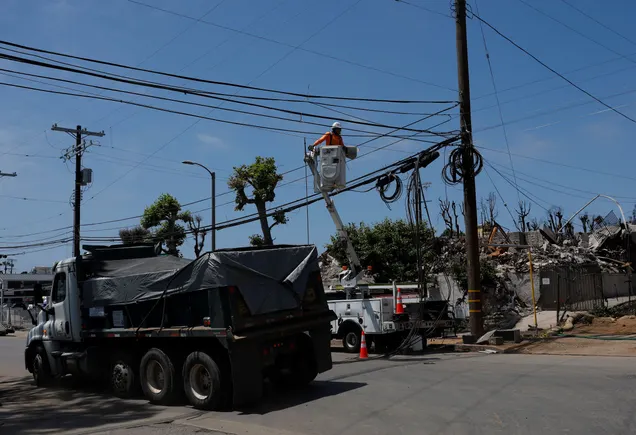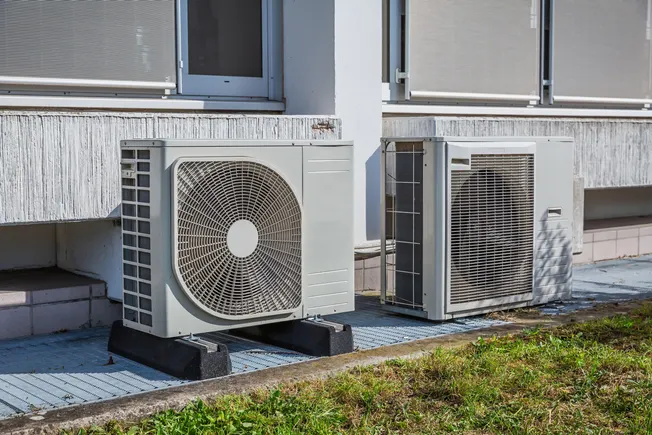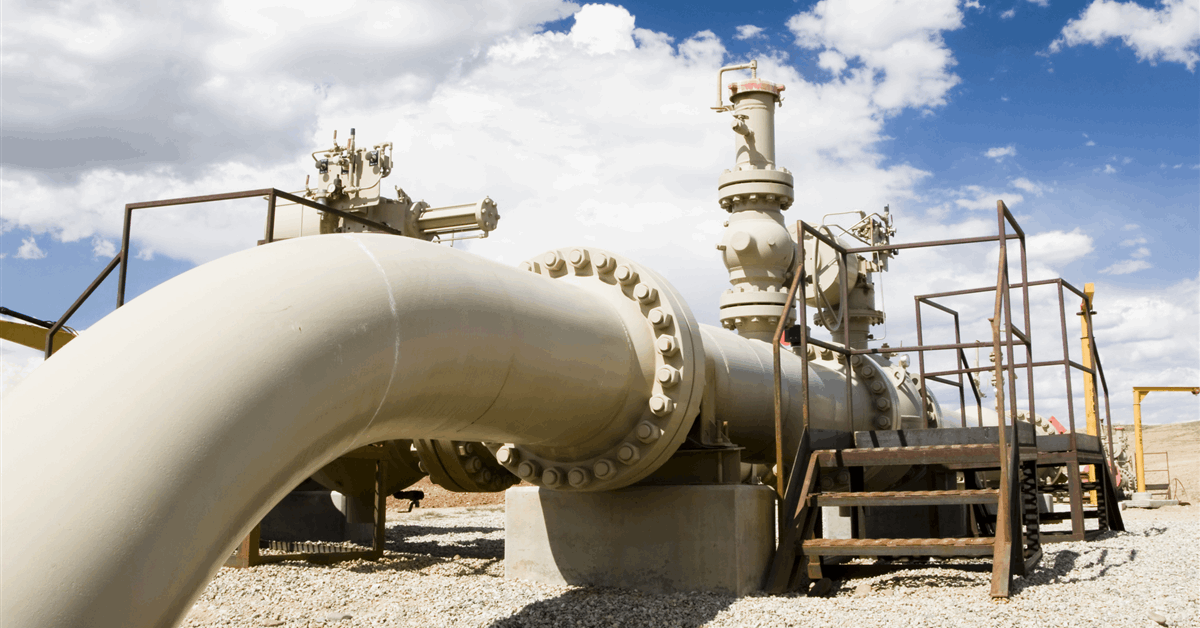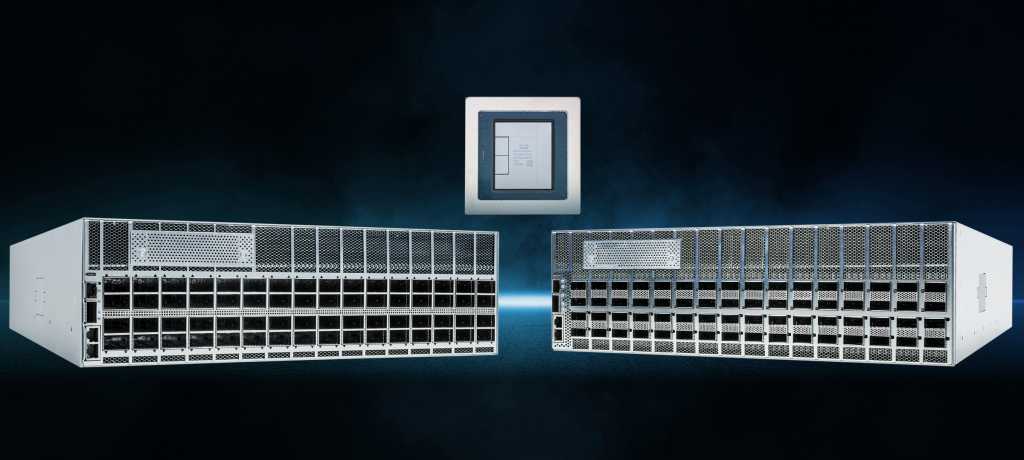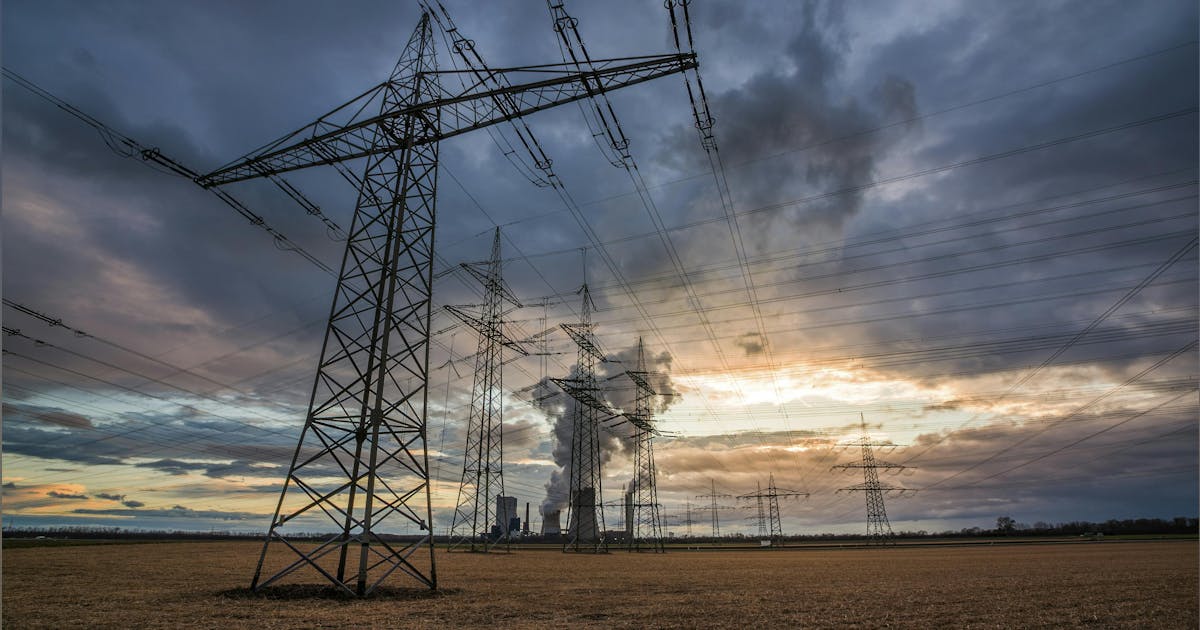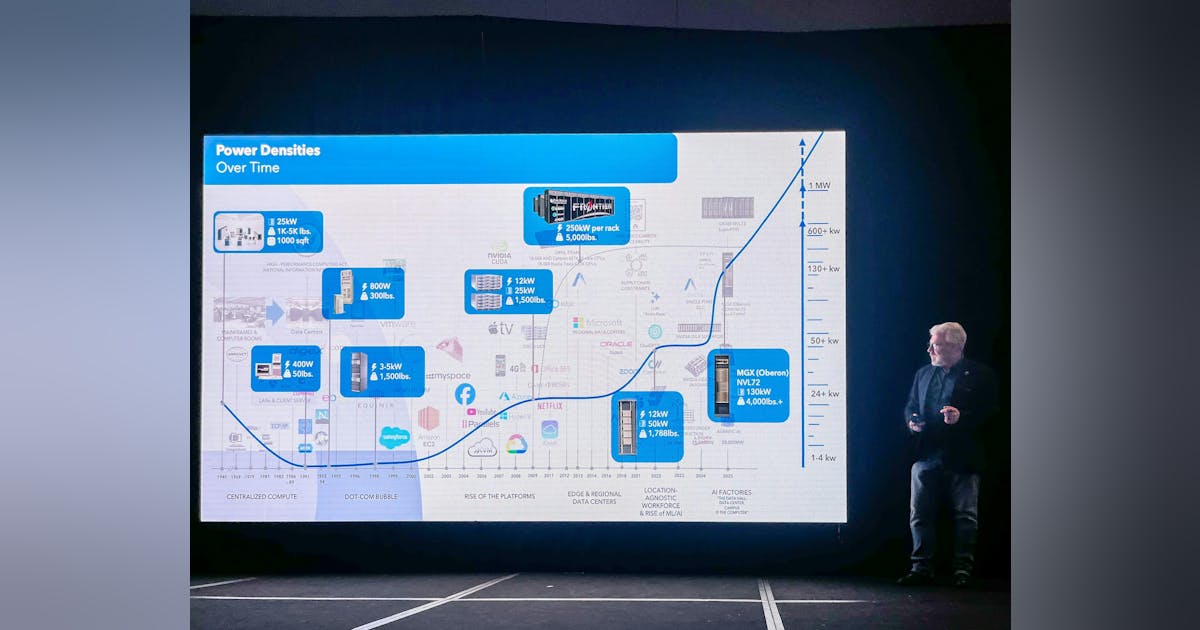After the UK government announced its shortlist for the second hydrogen allocation round (HAR2), Energy Voice takes a look at the 27 green hydrogen projects.
Altogether, the projects represent approximately 765 MW of green hydrogen production capacity, falling short of the 875 MW target the government set for HAR2.
The shortlist includes eight projects in Scotland, three in Wales and 16 in England from a total of 80 applications from across the UK hydrogen sector.
The UK government said the HAR2 projects will “create thousands of jobs in the UK’s industrial heartlands” and “unlock clean energy growth”.
It comes after the first allocation round (HAR1) in 2023, which saw the government award £2 billion in funding to 11 green hydrogen projects.
Following the announcement, the Department for Energy Security and Net Zero (DESNZ) said HAR2 developers will need to pass a rigorous due diligence stage to secure funding.
Meanwhile, the UK’s offshore sector welcomed the government’s announcement of the HAR2 shortlist which it said has been “long overdue”.
HAR1 winners continue success
Among the successful HAR2 developers are several firms which secured funding as part of the HAR1 process.
Carlton Power, Hygen, ScottishPower, EDF Renewables and MorGen Energy (formerly known as H2 Energy Europe) all backed up success in the first round with shortlisted projects in HAR2, as did Octopus Energy and RES Group joint venture Hyro.
Carlton Power secured funding for three projects in HAR1, and the company will now add projects in Walsall and Hartlebury to its hydrogen development pipeline.
Hygen’s Bardon Hill and Harper Lane hydrogen projects made the shortlist following on from the success of its Bradford Low Carbon Hydrogen in HAR1.
Elsewhere, Hygen also saw success with the shortlisting of the Selms Muir Hydrogen project.
Hygen is developing in partnership with Danish-owned European Energy UK and Renewable Connections.
Connected to a nearby solar farm project, the Selms Muir Hydrogen plans involve using a 20 MW electrolyser to fuel local buses and other heavy vehicles.
European Energy head of UK and Ireland Mark Evans said the firm is expanding to add hydrogen to its existing solar, wind and battery storage projects.
“With our expertise from the sector in Denmark, we believe that there is also a business case for green hydrogen production in the UK,” Evans said.
Hygen chief executive Kevin Selleslags said the Selms Muir project is “unique in its ambition”.
“It will enable deployment of the UK’s first fully zero-carbon municipal bus fleet, while simultaneously developing the business case for the delivery of a fully-consented renewable energy project,” Selleslags said.
Tees green hydrogen projects secure HAR2 spots
German firm MorGen Energy secured a spot for its Teesside Green Hydrogen in HAR2, while EDF and ScottishPower advanced the second stages of their HAR1 projects.
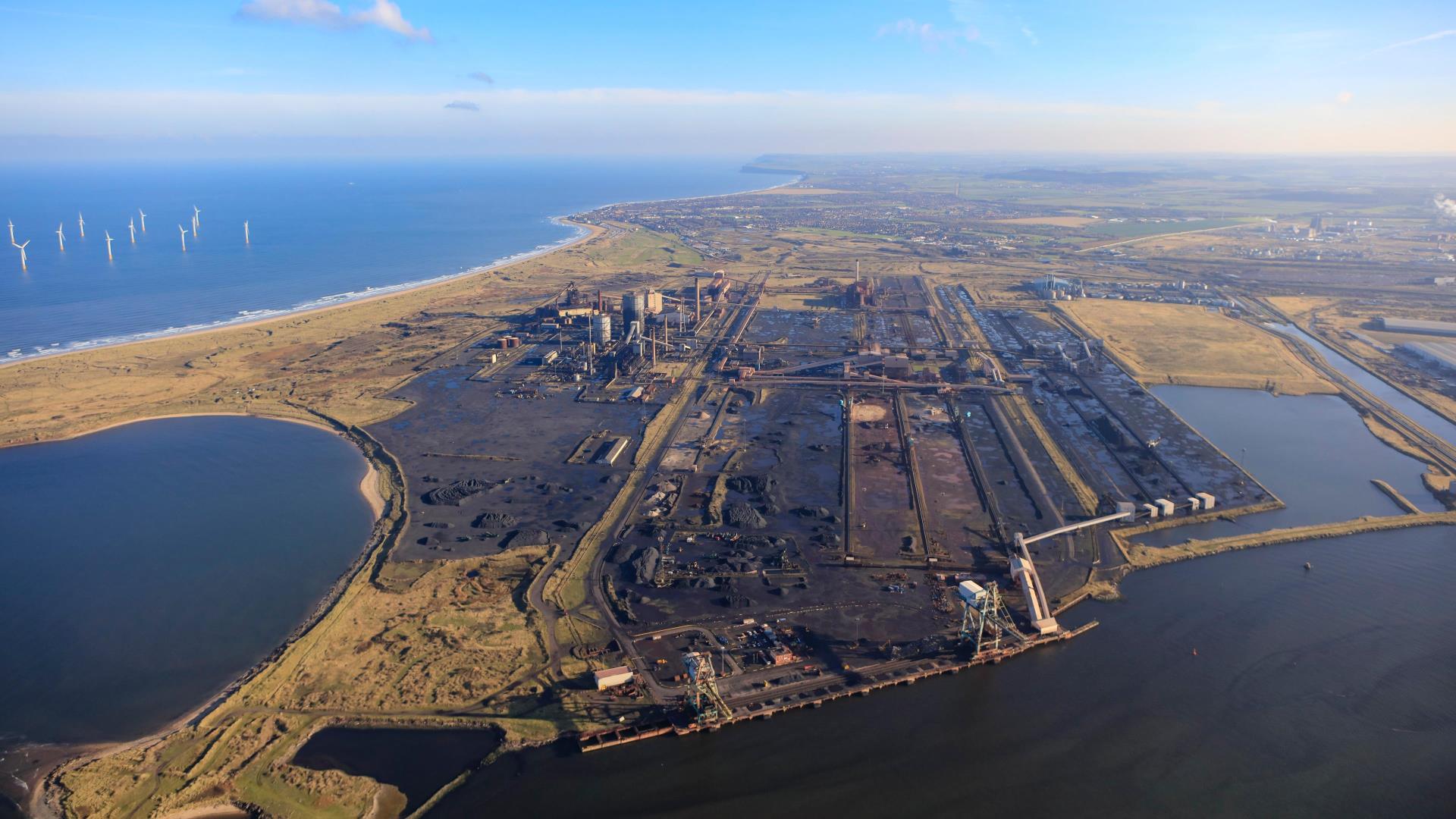 © Supplied by BP
© Supplied by BPEDF Renewables UK director of onshore wind and hydrogen Jon O’Sullivan said the shortlisting of its Tees Green Hydrogen phase two project is “another great sign of confidence” from the government.
“Once operational, the project will contribute positively to the decarbonisation of the Tees Valley, helping to secure its long-term sustainability and attract more high-quality jobs to the area too.”
EDF subsidiary Hynamics also made the shortlist for a project at the Fawley oil refinery.
Alongside the second stage of its Whitelee hydrogen project, ScottishPower also secured backing for another development at Irvine in North Ayrshire.
Finally, Hyro’s Green Hydrogen 5 project in Wales secured a spot on the HAR2 shortlist.
Major firms secure HAR2 backing
The HAR2 shortlist also included plenty of major renewable energy players, including Germany’s RWE and Norway’s Statkraft.
RWE secured HAR2 status for major green hydrogen plans at Grangemouth in Scotland and at the port of Milford Haven in Wales.
Meanwhile, Statkraft secured backing for a proposed project on Shetland alongside a separate project in St Helens through its joint venture Grenian Hydrogen.
A joint venture between SSE Thermal and Equinor also secured HAR2 status for the Aldbrough Hydrogen Pathfinder project located near the Aldbrough gas storage site.
Other major developers to secure HAR2 status include Centrica for a hydrogen project at a lime supplier in England, while Uniper made the list for its Humber H2ub project.
HAR2 newcomers
Smaller developers also achieved significant success in HAR2, with a number of firms shortlisted for multiple projects.
Glasgow-based Green Cat Hydrogen secured HAR2 shortlisting for three of its Scottish projects.
French firm Lhyfe also picked up two spots on the shortlist for projects in Kent and Wallsend.
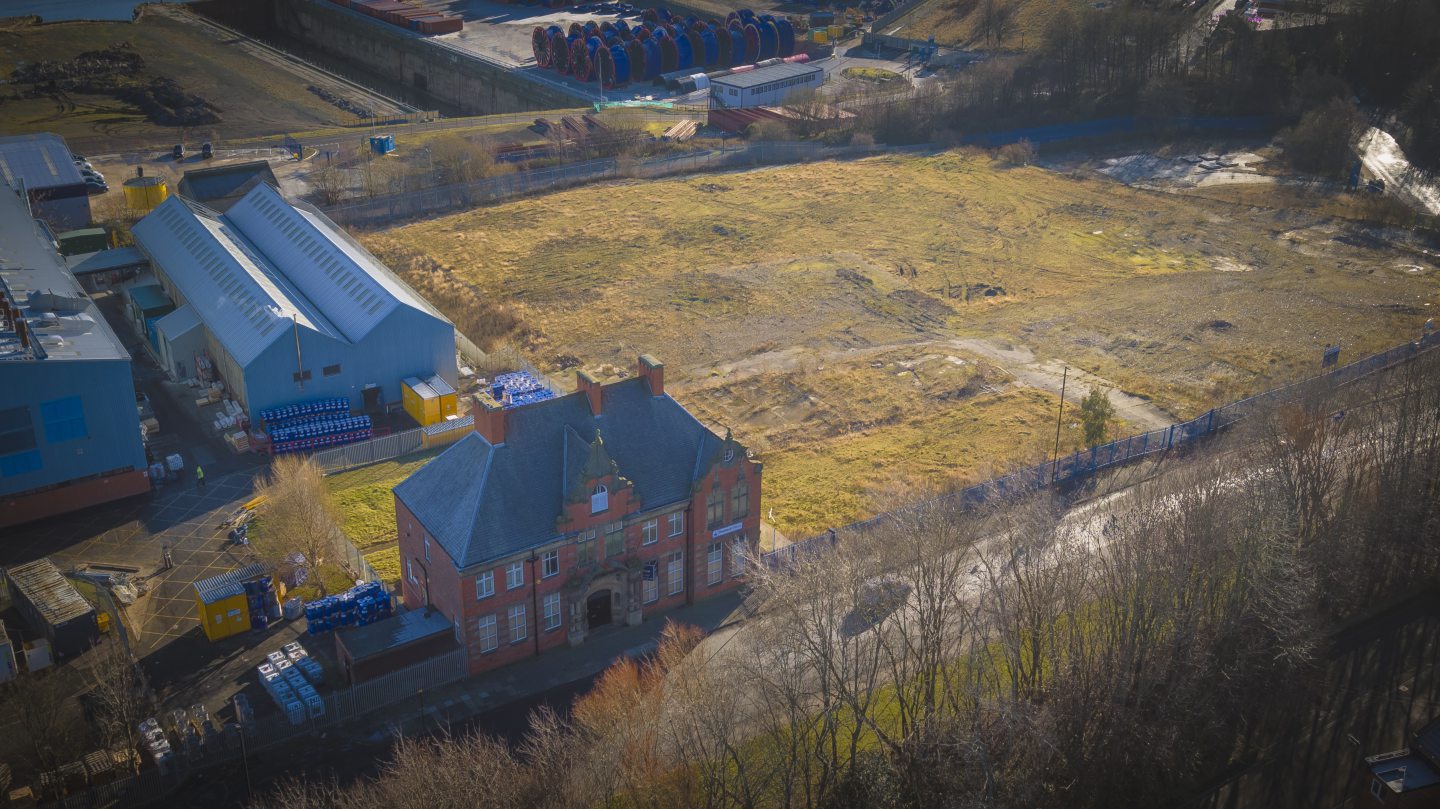 © Supplied by Lhyfe
© Supplied by LhyfeLhyfe said its 80 MW plant in Kemsley and its 20 MW site in Wallsend will both supply green hydrogen to industrial users and transport operators.
Meanwhile, London-based Protium Green Solutions got the nod for its Magor Net Zero project in Wales and its South Tees Net Zero project in Yorkshire.
Edinburgh-headquartered Four Zeros Energy and Ryze Power subsidiary Motive Fuels rounded out the list with projects in Cornwall and Birmingham respectively.
Will HAR2 be a success for UK hydrogen?
Westwood Global Energy Group hydrogen manager Jun Sasamura told Energy Voice the HAR2 results represent a “step in the right direction” for the UK hydrogen sector.
But Sasamura said it is “too early to tell” if the shortlist of HAR2 projects will be seen as a success for the UK government’s hydrogen ambitions.
He said the industry should expect to see some HAR2 projects drop out of the process, as seen among some HAR1 developers.
In addition, Sasamura said he expects reducing costs to be a key focus for HAR2.
“As stated by the UK government, cutting costs is a key priority for this process – even more so than it was in HAR1,” he said.
“I expect that there are significant lessons learned from HAR1 which should translate to more success in this round, but we must see what happens throughout the HAR2 process to have a more definitive conclusion.”
Sasamura said the industry is still awaiting key decisions from the UK government in policy areas such as hydrogen blending and hydrogen-to-power.
In addition, he said the hydrogen sector is also waiting for certainty on whether the sustainable aviation fuel (SAF) mandate will include a direct hydrogen usage quota.
It comes after a report from Westwood last week warned that as much as 83% of European hydrogen projects may fail to materialise by 2030 without intervention.
Sasamura said the “gap between ambition and reality in Europe’s hydrogen sector is widening”.
“While targets are necessary, they will remain out of reach unless the policy landscape evolves,” Sasamura said.
“For the UK in particular, without sharper coordination and a clearer demand-side focused approach, there is a potential risk of falling behind.”
Offshore sector welcomes HAR2 shortlist
Meanwhile, the UK’s offshore sector welcomed the government’s announcement of the HAR2 shortlist which it said has been “long overdue”.
Offshore Energies UK (OEUK) sustainability and policy director Mike Tholen said the UK has “all the ingredients for a successful hydrogen sector”.
“But progress has been slow, partly due to uncertain demand and partly from a lack of investor confidence,” Tholen said.
Tholen said the HAR2 shortlist provides “some further clarity” for the industry after a nearly 12 month delay.
He called on the UK government to ensure the final design on the long-term funding mechanism for the hydrogen sector is “robust and sustainable”.
“The UK has the people, projects, and potential to make hydrogen a part of our energy future – but without urgent action, that opportunity could slip through our fingers,” he said.





